Keywords: Critic
There are more than 200 results, only the first 200 are displayed here.
-

MEDIA
- Francine Crimmins
- 19 June 2017
4 Comments
The NBC has pushed ahead with its plans to air Megyn Kelly's interview with conspiracy theorist Alex Jones despite criticism from friends and family whose loved ones were killed in the Sandy Hook massacre, which Jones claims was 'staged by actors' and 'never happened'. This contentious interview has sparked a conversation about which forums should allow dissenting viewpoints and whether dangerous ideas should be given public airtime in a news context.
READ MORE 
-
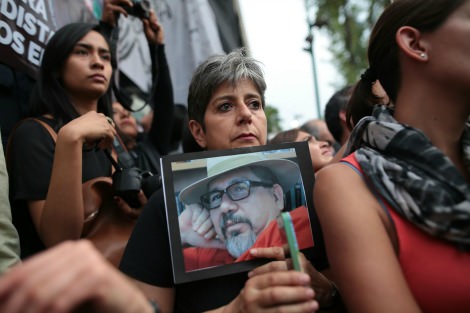
INTERNATIONAL
- Ann Deslandes
- 22 May 2017
2 Comments
Last Tuesday night in Mexico City I headed to a bar with some press colleagues. It was late and the bar was lit with candles for mood lighting. As we sat down to order drinks my friend Joan took the candle in front of her and said, 'I'll hold onto this for the next journalist to be murdered.' We had been at a vigil to mourn the murder of journalist Javier Valdez and to protest the ever-escalating number of journalist murders in the country in a legal and political climate of almost total impunity.
READ MORE 
-
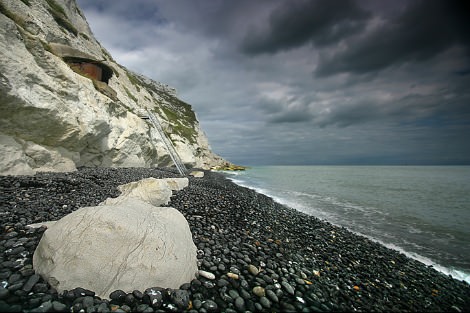
ARTS AND CULTURE
- Gillian Bouras
- 19 May 2017
13 Comments
Does poetry still matter in our Twitter society? Such was the question that caught my eye during a random Google session. The answers consisted of some lugubrious comments to the effect that poetry, like the novel, is dying. It is hard to believe that poets were once considered celebrities, and that poetry was once a pre-eminent form of entertainment. We also generally refrain from mentioning poetry and politics in the same breath. 'Twas not always thus.
READ MORE 
-
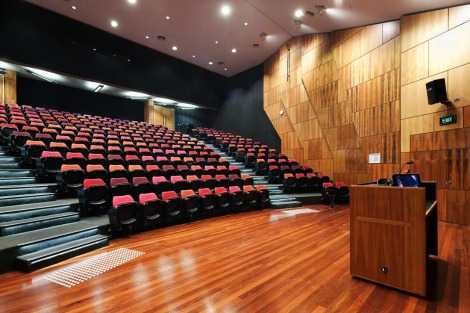
EDUCATION
- Francine Crimmins
- 08 May 2017
14 Comments
'We won't have classes next Monday because of the public holiday on Tuesday.' My tutor tells us this cheerily, as if he has done us a favour. I'm studying a degree that costs $4000 each semester, about $60 per hour of actual teaching time. This includes a subject where instead of being able to meet with faculty members, we must skype them. If that's not the most expensive skype call ever, perhaps the critics are correct, and young people should stop complaining about the potential increase of fees.
READ MORE 
-
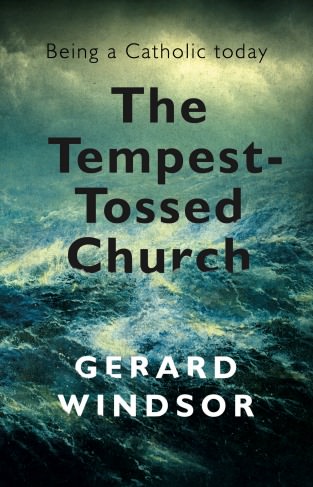
RELIGION
- Andrew Hamilton
- 29 March 2017
29 Comments
The Tempest Tossed Church will invite some Catholics to ask how they should visualise and plan for the future of the church. The Catholic challenge will be to shape pockets in which religiously literate and radical communities are formed around the symbols of faith. Its contribution to a more humane society will be made by joining other small groups in keeping alive the sense of 'something more' and by passing on the craft of finding the words, symbols and silences that catch it.
READ MORE 
-

RELIGION
- Frank Brennan
- 14 March 2017
24 Comments
The debate over section 18C of the Racial Discrimination Act (18C) has gone on for far too long. It's time to bring it to a close. To date, I have been silent in the present debate, in part because I was a critic of such legal provisions when they were first proposed in 1992 and again in 1994. I have since been convinced that a provision like 18C could be designed to target racial vilification, leaving offensive insults beyond the reach of the law in a robust democracy committed to freedom of speech.
READ MORE 
-

MEDIA
- Andrew Hamilton
- 14 March 2017
10 Comments
Arguments for repealing 18C ignore the symbolic force of law in an imperfect society in which we live. In public life the One Nation Party, which is able to exert some influence on legislation in a fragmented parliament, regularly criticises Muslims. These views are also retailed by commentators in some mainstream media. They increase the anxiety of immigrants from Muslim nations. In such a context any weakening of 18C will be seen as the declaration of open season against such groups.
READ MORE 
-

INTERNATIONAL
- Azadeh Davachi
- 16 February 2017
4 Comments
Sweden's feminist Trade Minister Ann Linde has come under sharp criticism from some Iranian women's rights activists after she and her female colleagues wore hijab and long coats in their meetings with the Iranian president and other delegations in Tehran. Later Linde maintained she did not want to violate the law in Iran where it has been mandatory for women to wear headdress since 1979. This flies in the face of the Swedish government's position on women's rights.
READ MORE 
-

ECONOMICS
- David James
- 07 February 2017
10 Comments
Many defenders of globalisation express frustration at the rise of Trump and what they see as an ignorant and self-defeating backlash against its virtues. But they have no answer to the most pressing question: Is the global system there to serve people, or are people there to serve the global system? They also never address a central contradiction of globalisation: that capital is free to move, but for the most part people are not, unless they belong to the elite ranks.
READ MORE 
-

AUSTRALIA
- Ellena Savage
- 09 December 2016
4 Comments
To be in the running for a scholarship, a student must have had their abilities or potential acknowledged and rewarded within an ideological education system. Where the money comes from - and whom it is given to - informs what kinds of artwork thrives. As Didier Eribon says, 'art, culture and education are part of the mechanisms of differentiation between social classes'. And the institutional frameworks underpinning the production of artwork can lead to pernicious political outcomes.
READ MORE
-

AUSTRALIA
- Kate Galloway
- 29 November 2016
2 Comments
Earlier this year, a Queensland man was found not guilty of intentionally infecting his former girlfriend with HIV. The case was sent back to the District Court to determine a sentence for the lesser charge of grievous bodily harm. At the time of the decision, the not-guilty finding was both welcomed by advocates who see criminal prosecution as reflecting the stigma of the condition, and criticised by others who consider the criminal law an appropriate sanction for harm caused.
READ MORE 
-
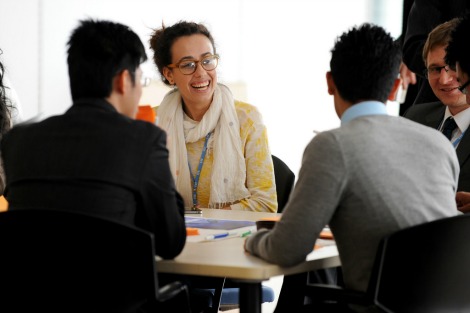
AUSTRALIA
- Sonia Nair
- 28 November 2016
11 Comments
Belonging to a generation where I was constantly told I could do anything I set my mind to, I was carted off to every class imaginable as a young child - art class, violin class, music theory class, English literature tutoring and so forth. But the advent of unparalleled choices that was constantly peddled to me did not coincide with an increase in the spaces that are available for young people to excel, or much less be employed, in the fields of their choice.
READ MORE